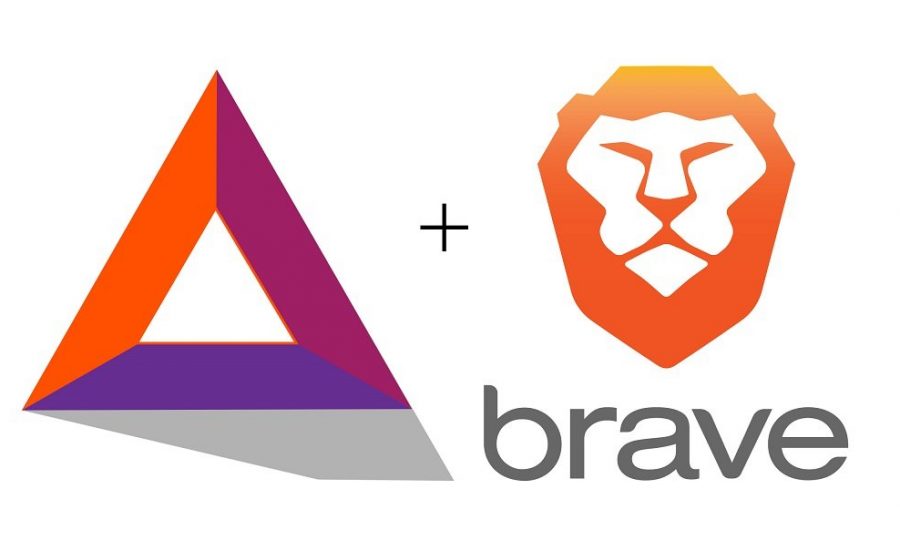The go-to narrative for critics outside of the cryptocurrency space is to claim that decentralized systems and dApps have no active user bases. Ethereum-based Brave Browser is already being considered as a viable alternative to existing browsers like Chrome and Firefox.
Popular Science, a widely recognized science magazine, recently listed Brave Browser alongside Firefox and Opera as viable alternatives to built-in browsers like Chrome and Safari.
“The Brave browser emphasizes security and privacy. To start with, it comes with a built-in ad-blocker (just remember to whitelist the sites you want to support) so pop-ups can’t weigh down your browsing and websites can’t track you as well. For even more control, Brave features advanced security settings,” the team at Popular Science wrote.
Ethereum dApps
The browser itself is based on Chromium, an open-source project that also operates as the base protocol of Google Chrome. But, Brave utilizes an ERC20 token called Brave Attention Token (BAT) to incentivize creators, most notably popular YouTubers such as Philip DeFranco and largely popular publications.
As CCN reported in July, Brave Browser recently surpassed 3 million users, mostly driven by an influx of digital creators and publishers coming to the Brave ecosystem for its transparent advertisement revenue sharing model that uses cryptocurrency to compensate publishers.
“More than 18,000 publishers and content creators (including CCN) have registered as verified publishers, enabling them to collect BAT donated by Brave users. Of these, the vast majority — 13,500 — are YouTube and Twitch streamers, likely owing to the fact that hosting platforms such as YouTube take significant cuts of shared ad revenue,” the report read at the time.
The fact that Ethereum blockchain-based products in Brave Browser and BAT are already considered as viable alternatives to centralized systems is highly optimistic, especially considering that Chrome and Safari have completely dominance over the browser industry.
More importantly, tens of thousands of publishers and creators in the Brave ecosystem are being paid out in cryptocurrencies including BAT, Ethereum, and Bitcoin, demonstrating a practical use case of decentralized consensus currencies in one of the most competitive industries in technology.
It is difficult to consider Brave as a dApp because it is based on the same protocol Chrome is based on. But, the main model of the browser revolves around Ethereum and its token called BAT, which has allowed Brave to compete against major browsers like Opera and Firefox in the past few months.
Pure dApps
As of current, pure peer-to-peer dApps that are the closest towards achieving large-scale user bases are decentralized exchanges. IDEX, Bancor, and AirSwap operate exchanges that are frequently utilized by Ethereum users, especially those that use Meatamask.
In terms of user interface and user experience, dApps are still far behind centralized applications and platforms. But, apps that act as a bridge between dApps and centralized platforms like Brave will ease the process of users from being comfortable with dApps and their decentralized structures.
Original Article from ccn.com








